Change-makers Mary and Joseph leave comfortable lives, move to slum, open clinic, school, orphanage
By Steve Letchford
It’s really exciting to work with change-makers.
Last week, I had the pleasure of hosting three members of the team from Cana Family Health Care Center – one of our clients – at our home in Kijabe. Cana has been switching over to Banda from paper. They are a surprisingly large operation, so it’s taking some time, but once they are up and running completely on Banda, they will be able to streamline their operation and drastically increase their impact on the community they serve. I wanted to share a bit with you about last week’s visit because for me, it was such a good reminder of the incredible opportunity we have at Banda to partner with devoted and passionate change-makers, and to equip them to go further and faster than they would have ever expected.
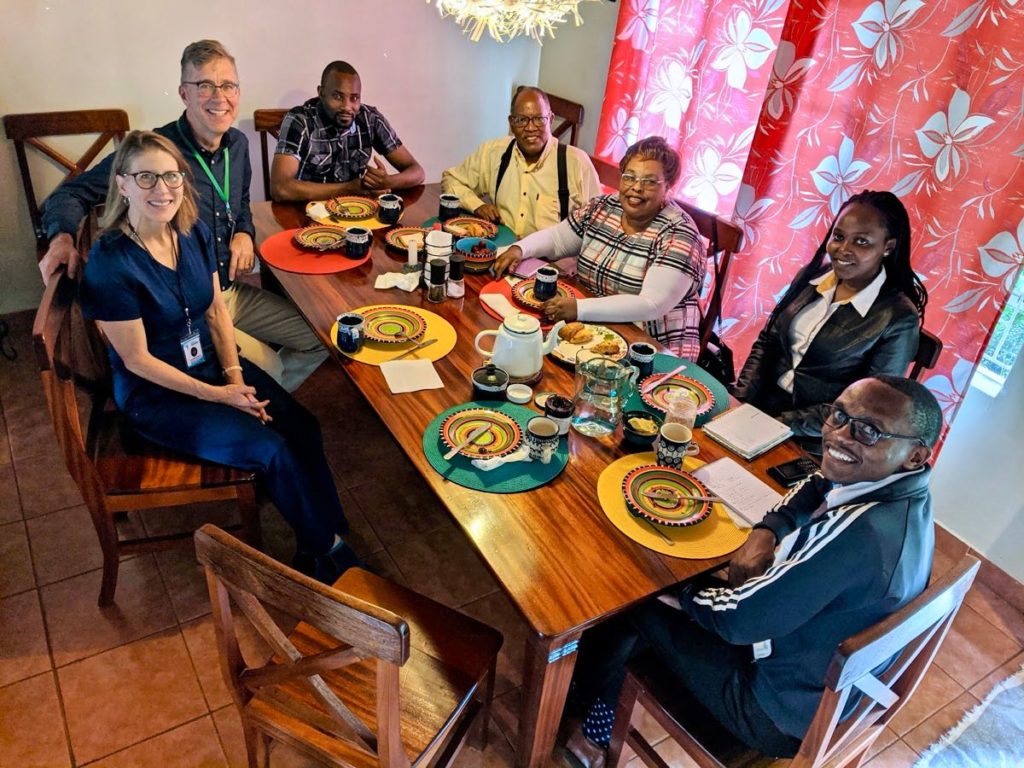
Change-making usually isn’t glorious and celebrated – often it’s just normal people doing the right thing.
Back in the ‘90s, Mary Mambo bumped into some boys who were begging on the street. When she heard they only lived 15 minutes away, in a large Nairobi slum called Mukuru, she said “Take me there.” And they did. It was a very different neighborhood from her own. The boys showed Mary their homes. Every house Mary visited had a parent in bed, HIV-positive, dying. During their visit last week, Mary’s husband Joseph described Mukuru to me as “the place where you only go to when life is hard. And then when you leave, you have to forget it because it is too painful.”
At the time Mary, a nurse, had a few private clinics doing well financially. Joseph, an auditor, had a well-paying job in the civil service. Faced with suffering like that, it is easy to look away, go home and carry on with life. Mary and Joseph chose otherwise – they moved to Mukuru and opened a clinic.
They sold their house – “our kids’ inheritance” – slapped together four walls of corrugated iron sheeting for the clinic, and then ran headfirst into the harsh realities that the people there were living with. They called the clinic Cana, because “That is where Jesus did his first miracle, and these people needed a miracle.” As they increasingly experienced and understood their new neighbors needs, Mary and Joseph continued to respond. They saw too many kids on the streets instead of in school – so they opened a school. They saw that many of their school girls were being sexually abused at home – so they opened a rescue center/orphanage. Too many mothers and babies lost in home births – they opened a maternity ward. Too many people walking through life without hope – they opened a church.
Today, the school teaches several hundred kids grades 1 through 8, the orphanage cares for dozens of girls, the clinic sees 1800 patients and delivers 120 babies per month, and they are opening an operating room on the second floor above the church.
But last week, with all that going on in the background, Mary and Joseph were in Kijabe for the sake of just one young girl. A few years back they met a woman struggling to provide for her twelve orphaned grandchildren. To make a long story short, they had provided her with a place to stay, helped her find a way to make some money, and had taken four of her grandchildren to live with them at the orphanage. Now the second eldest was having a difficult time getting into a nursing program, and Mary and Joseph had come to advocate for their granddaughter, who wasn’t their granddaughter.
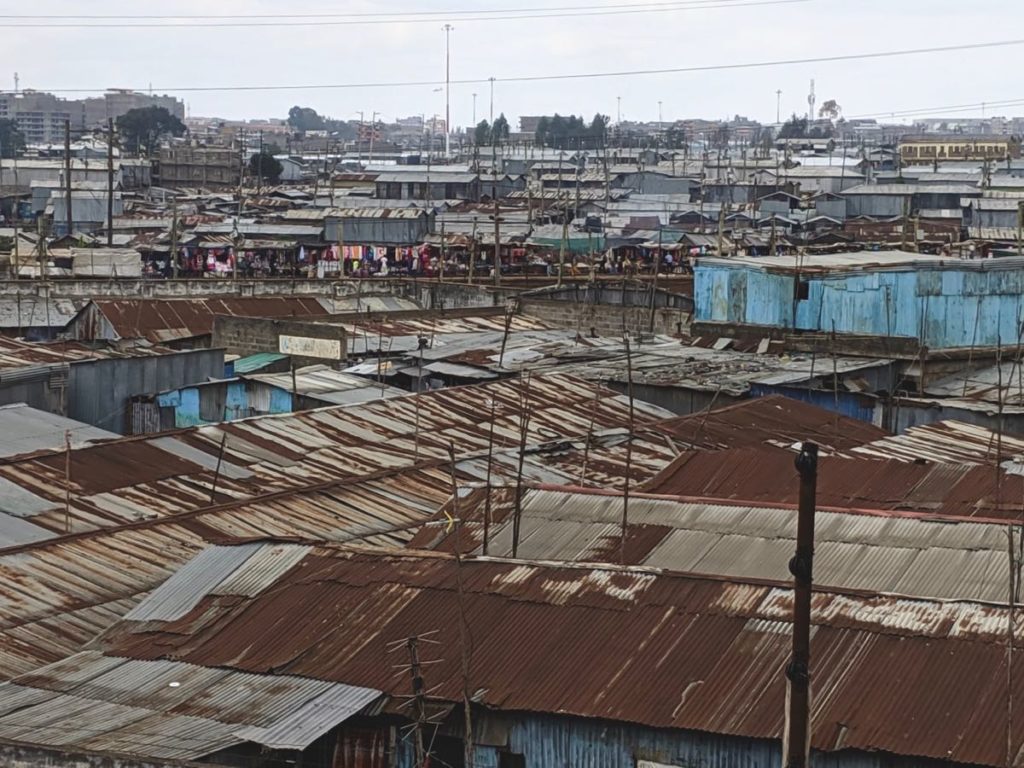
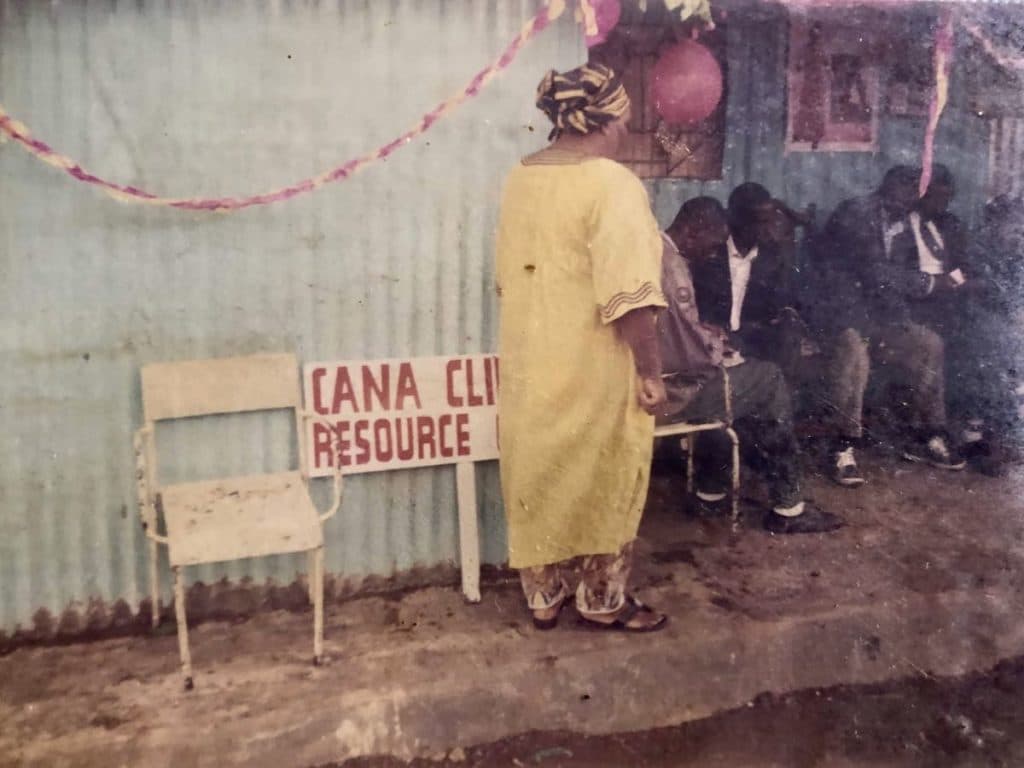
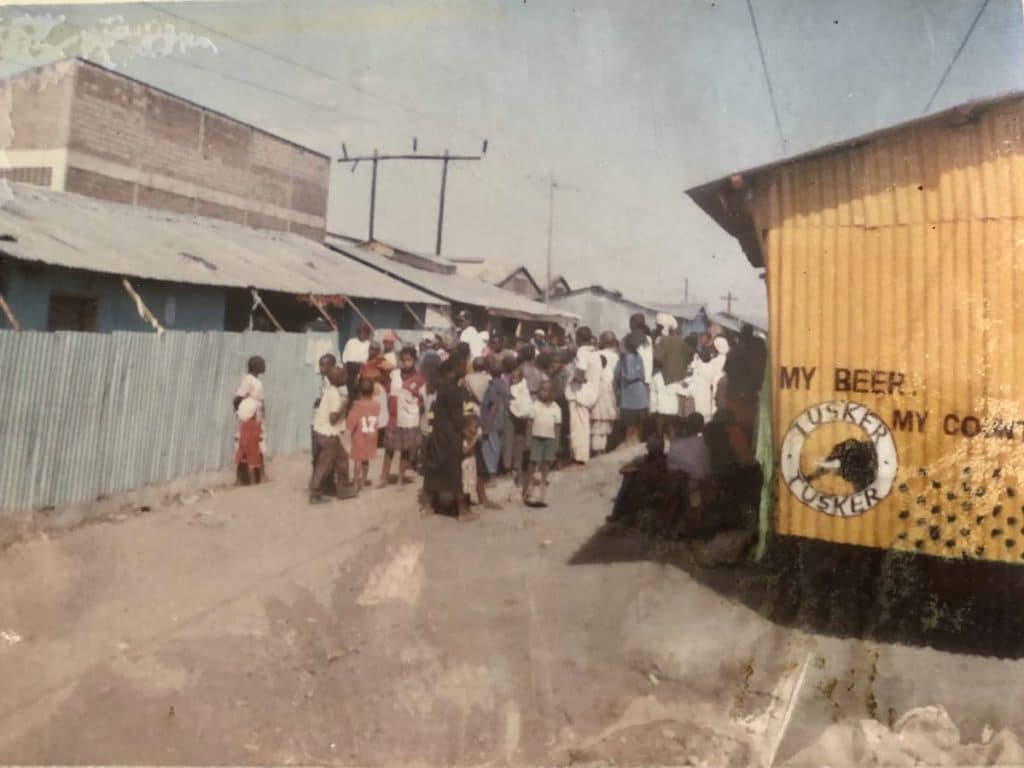
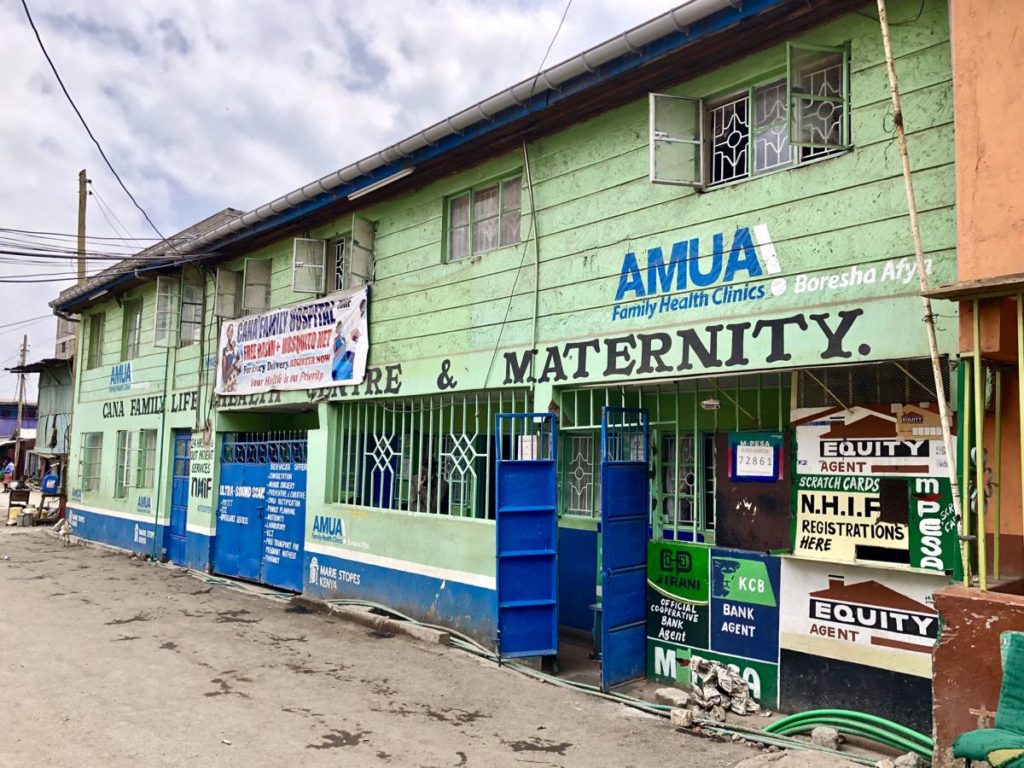
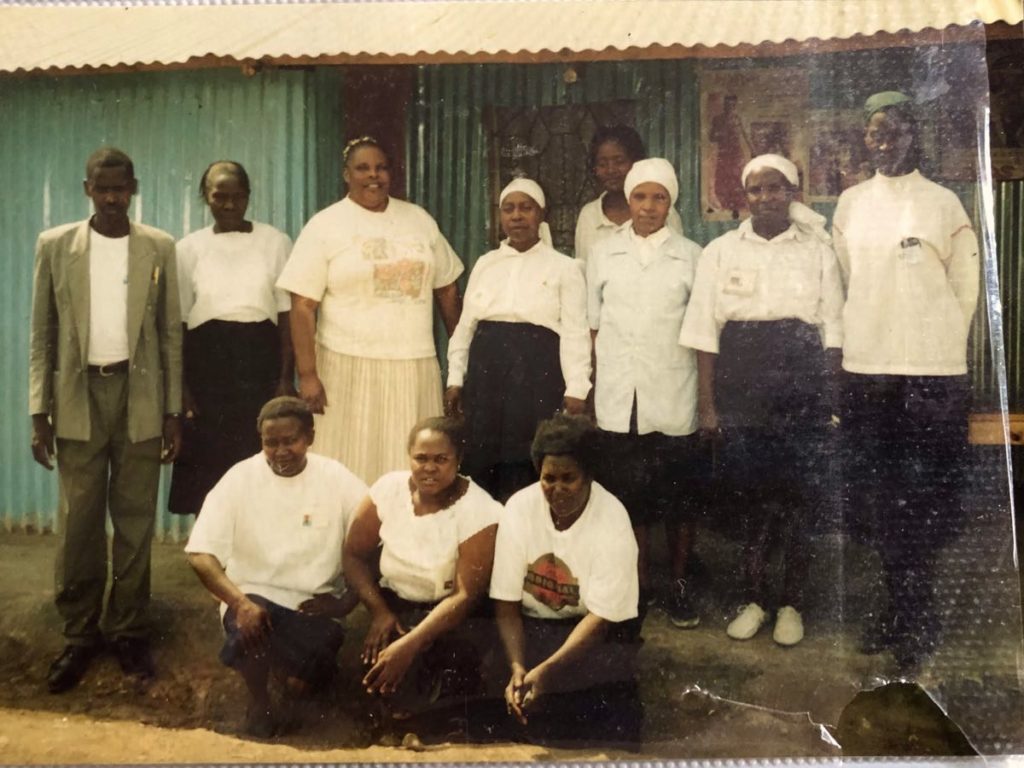
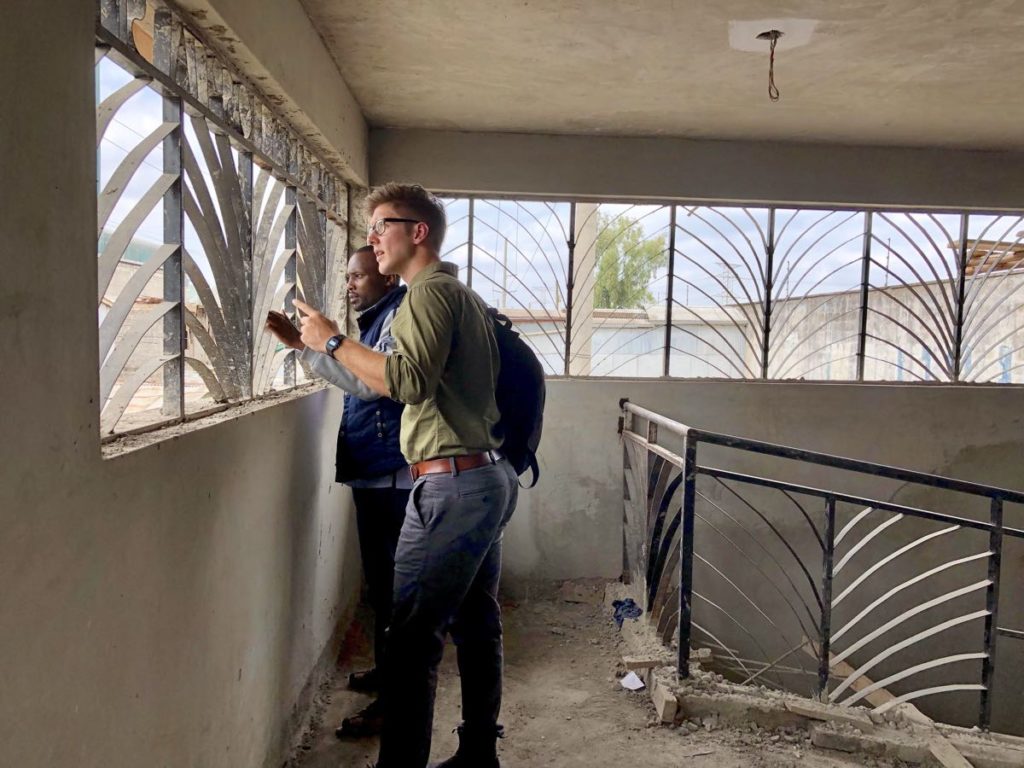
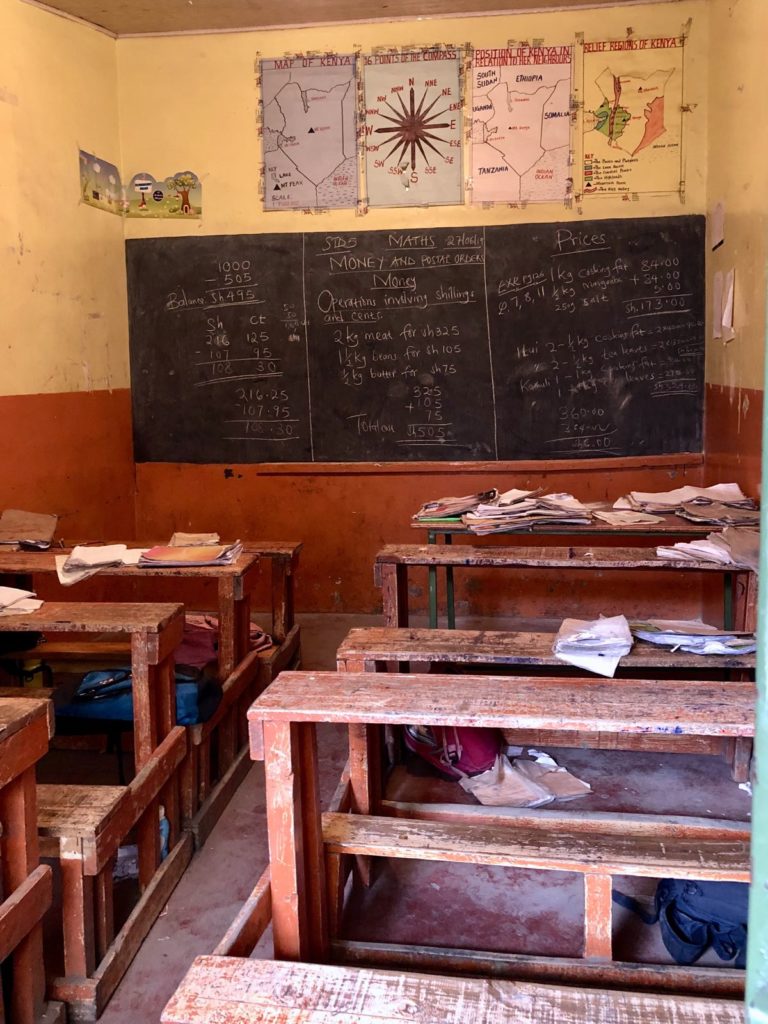
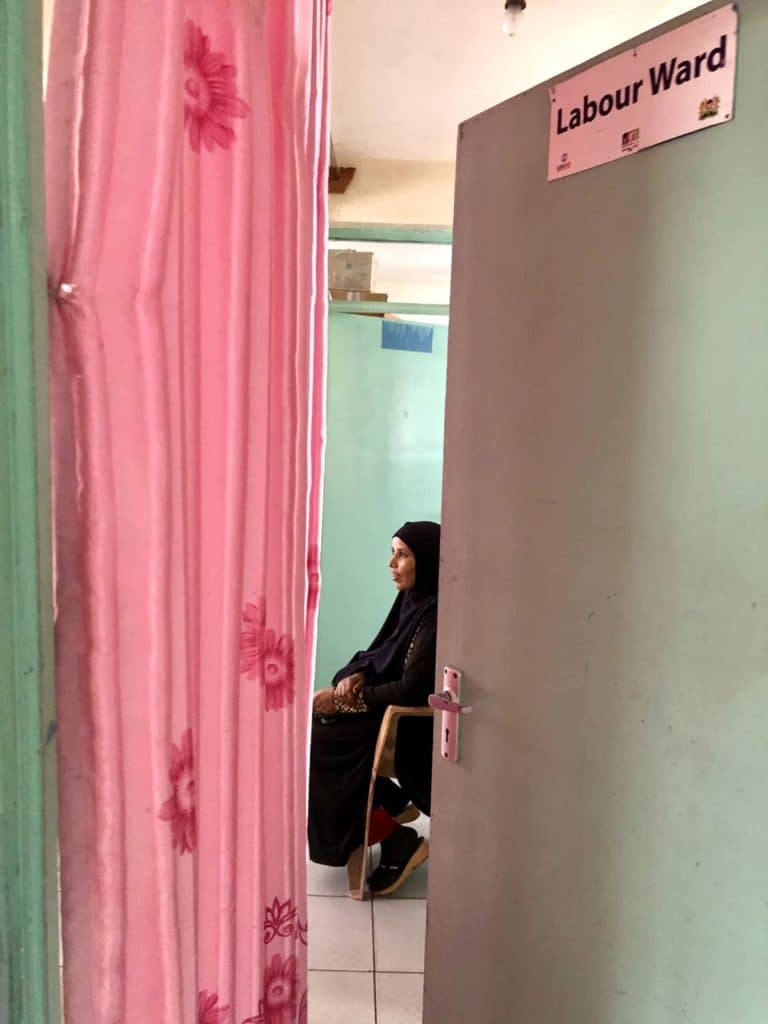
Change-maker + change-maker = exciting progress.
From the beginning of Banda’s relationship with Cana Family Health Center, Cana’s young administrator Harrison has really pushed to build a relationship with Kijabe Hospital to make sure that Cana has a hospital to refer their patients to, especially when their patients do not have money to pay. “Our community thinks that we can handle everything, but we cannot. We can only do what we can do.” Harrison already tested this vision with a young mother whose baby experiencing problems with his eyes – through Banda, he was able to arrange for her to travel to Kijabe for treatment.
Last week, Harrison was able to connect with Molly and Edward – the people at Kijabe Hospital who find creative ways to finance procedures and treatments for patients without the ability to pay. They write up patient stories for an organization called Watsi that crowdfunds select surgical cases (most of that money comes from the U.S.), and they work with foundations and churches abroad to supplement Kijabe Hospital’s several funds for patients in need.
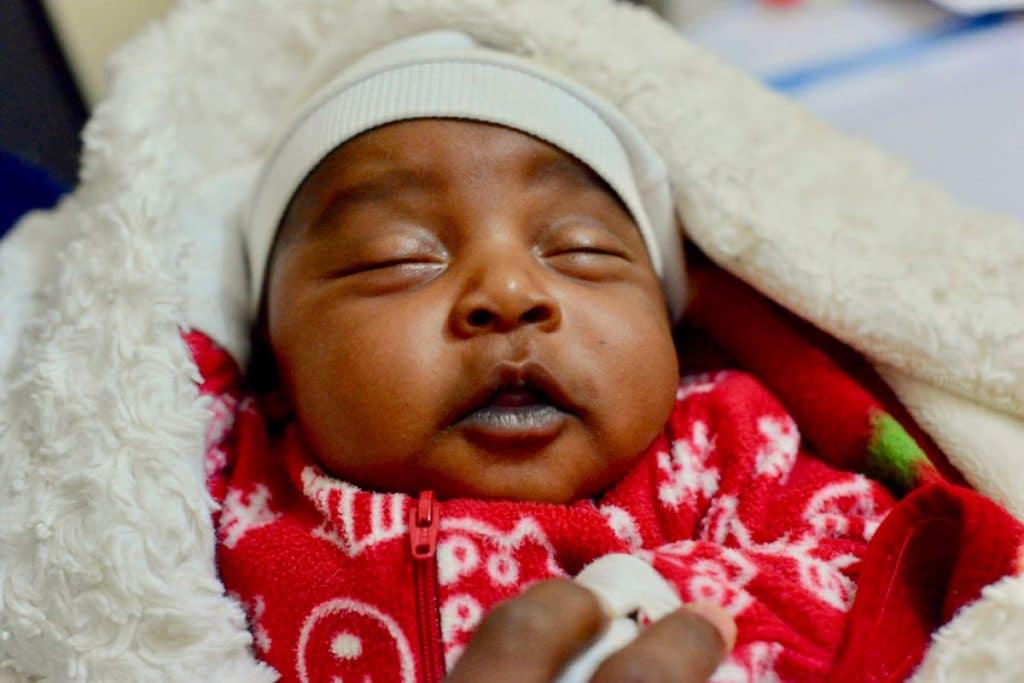
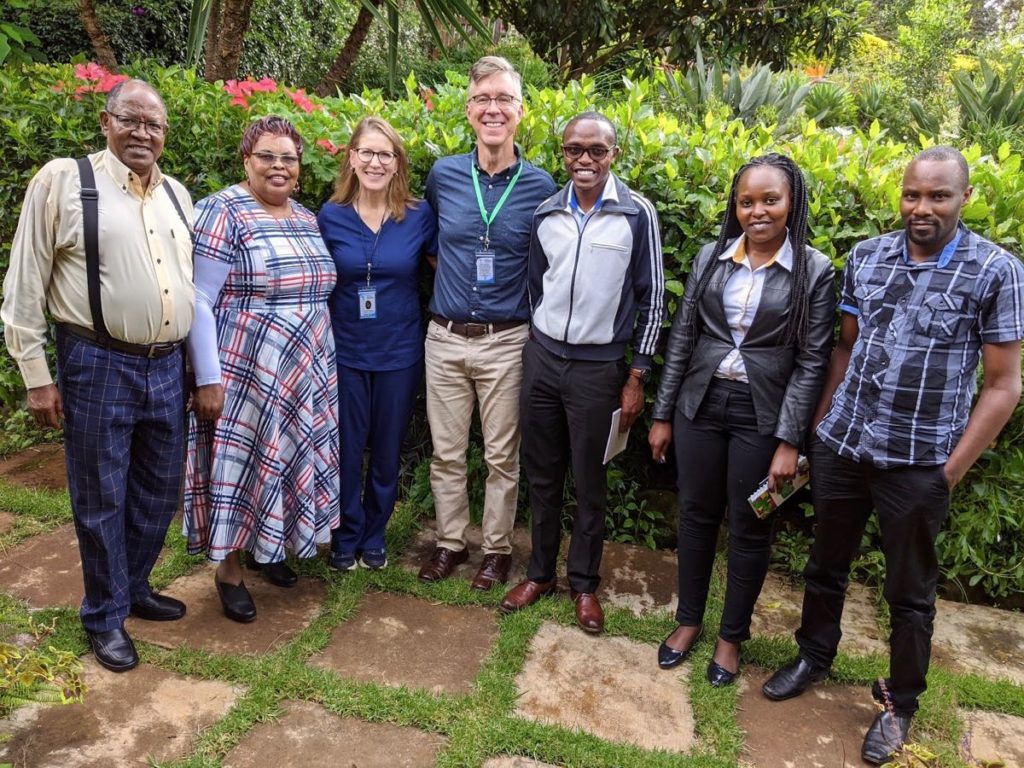
| It’s really exciting when Banda is able to go beyond IT solutions and act as a connector. The budding Cana – Kijabe Hospital relationship is an early example of the types of collaboration that the Banda network can facilitate. We often say that Banda Health is our baby and that it’s taking a global village to raise it – in the same way, change-makers like Mary, Joseph, Harrison, their team at Cana, and healthcare practices all over can accomplish so much more together than alone. We’ve got some ideas about how Banda can facilitate both collaboration, funding, and supply chain efforts to make healthcare more effective and more affordable at the same time. |
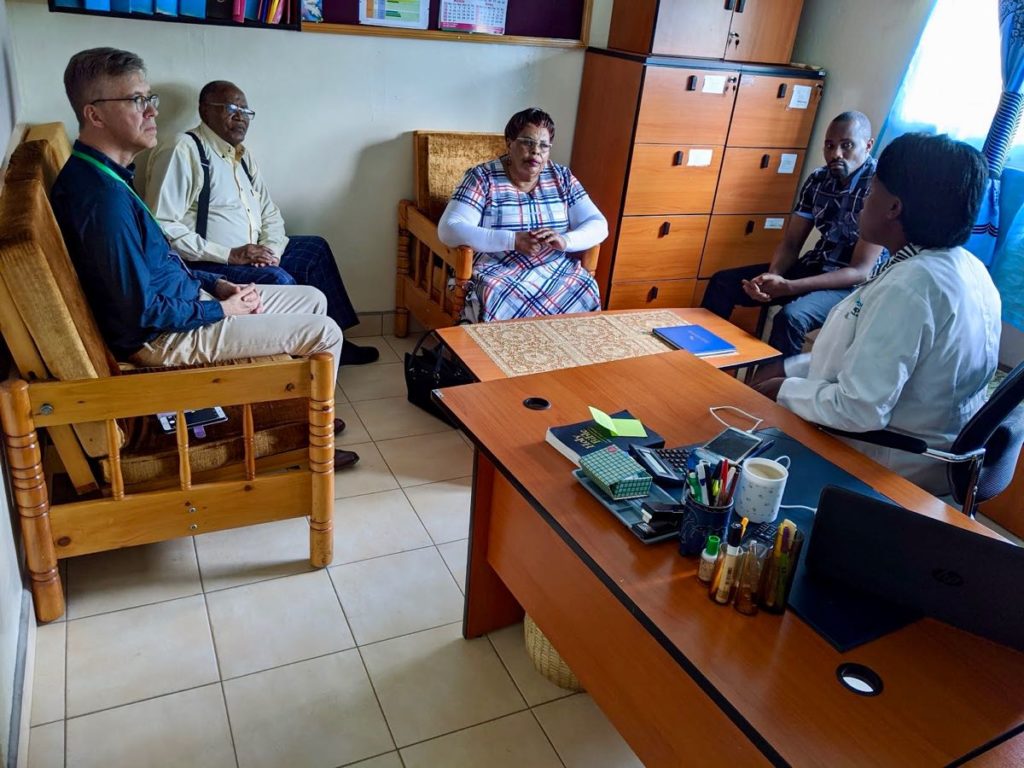
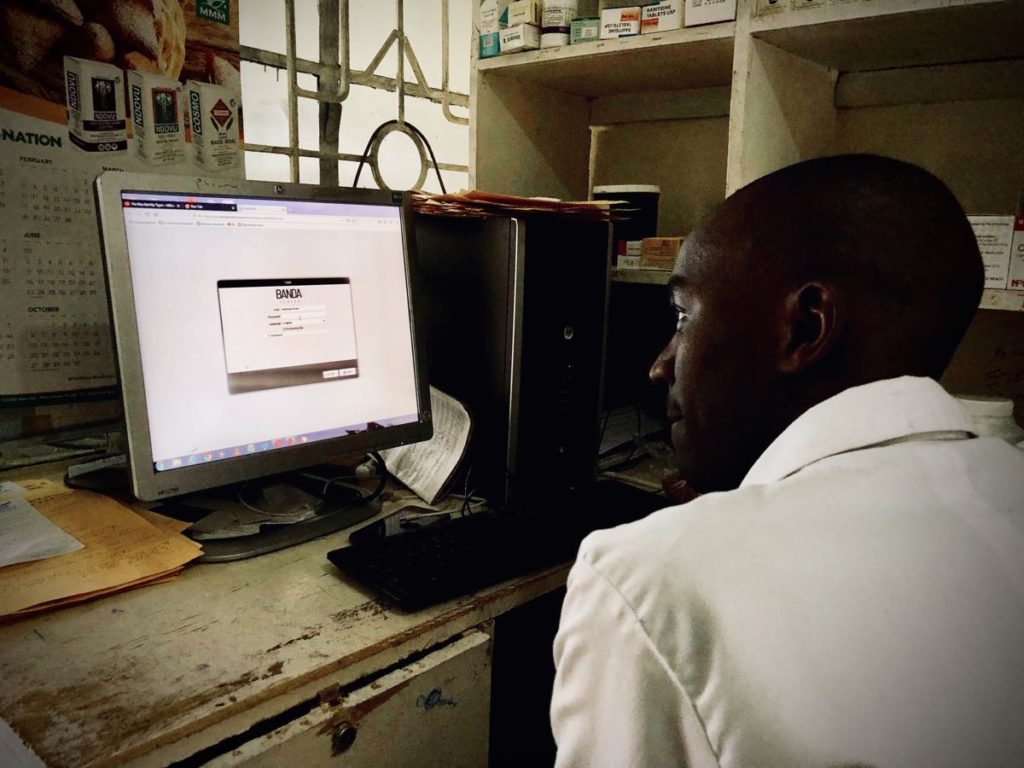
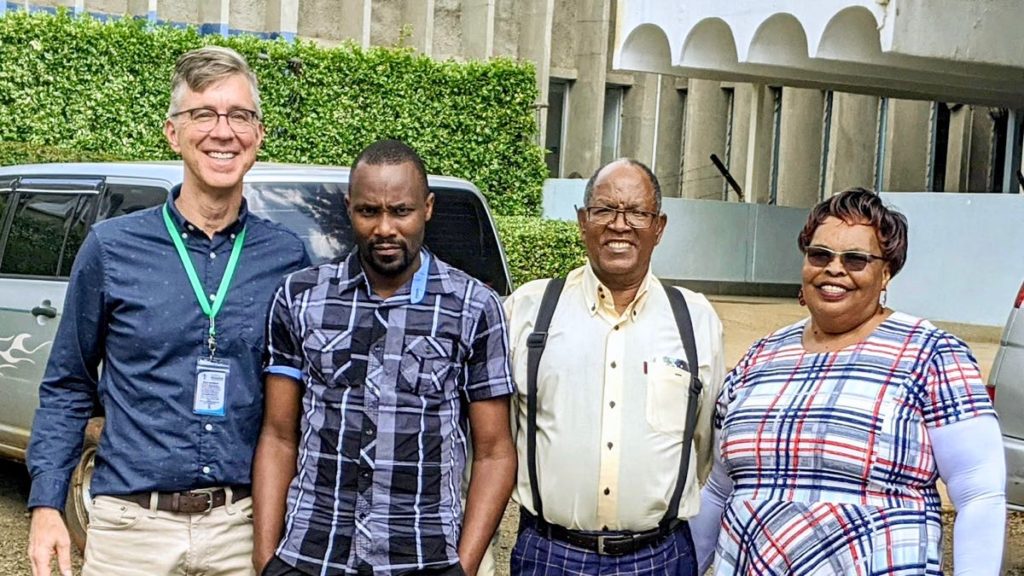
Be a change-maker.
Banda Go is our baby, and it’s taking a global village to raise it. If you want to partner with local change-makers like Mary, Joseph and Harrison to transform healthcare in low-income communities like Mukuru slum, you can donate to Banda Health. This year we will be pushing hard to expand Banda to reach hundreds of clincs all over Kenya, and beyond. Every $10 helps us reach 150 more patients over the next five years.
Thank you for doing this with us!

Steve Letchford
Steve Letchford is the President of Banda Health. He lives in Kijabe, Kenya with his wife Sherri.

